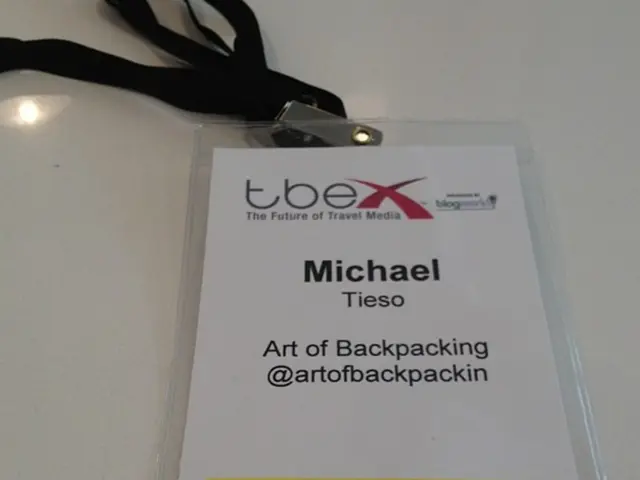Nigeria Aims for Extensive Digital Connectivity Growth through 90,000km Fiber Optic Network Development
Nigeria's 90,000-kilometer Fiber Optic Cable Project: A Step Towards Digital Inclusion
The Federal Republic of Nigeria is set to embark on an ambitious project to lay 90,000 kilometers of fiber optic cable across the nation. The project, which aims to provide fiber-based connectivity to homes, offices, schools, and hospitals, is a significant step towards digital inclusion and economic growth.
The project's design is complete, and the Federal Executive Council (FEC) has approved it. Implementation is planned to start before the end of 2025. The initiative is designed with ring networks across all geopolitical zones and each state, ensuring comprehensive coverage and complete existing infrastructure.
The government's focus on mobilizing the best and sustainable resources for driving the development of infrastructure, both physical and digital, is evident in this project. The government will invest in a Special Purpose Vehicle (SPV) to build and operate the fiber optic cable network, while the private sector will provide 51% of the total funding.
The private sector's role in the project is not just about funding. They will manage the fiber optic cable network in a sustainable manner, helping to recoup the government's investment. The private sector's involvement also underscores the government's commitment to fostering a conducive environment for private sector growth and investment.
The World Bank is assisting in structuring the funding model for the fiber optic cable project. This partnership underscores the project's alignment with Nigeria’s broader digital transformation and economic growth plans. The collaboration with the World Bank also ensures sustainability and efficient management of the project.
Dr. Bosun Tijani, the Minister of Communications, Innovation & Digital Economy, emphasized the critical role of digital infrastructure in Nigeria's development. He highlighted the importance of strong connectivity for powering the creative economy, precision agriculture, education, and healthcare in Nigeria. In fact, Dr. Tijani stated that a 10% improvement in connectivity quality can lead to a 1.35% increase in GDP.
The project was discussed during a courtesy visit by Anshula Kant, Managing Director and CFO of the World Bank, to President Bola Ahmed Tinubu. The President has expressed his support for the project, further demonstrating the government's commitment to this initiative.
In summary, the 90,000-kilometer fiber optic cable project is a significant step towards digital inclusion in Nigeria. The project's design is complete, and implementation is planned to start by the end of 2025. The project is a testament to the government's commitment to fostering a conducive environment for private sector growth and investment, and its alignment with Nigeria’s broader digital transformation and economic growth plans.
| Aspect | Details | |------------------|------------------------------------------------------------------------------------------| | Status | Design complete; FEC approved; public design disclosure imminent | | Timeline | Implementation expected to start by end of 2025 | | Funding | Joint government and private sector investment via SPV, with 51% private ownership | | Management | SPV operated independently by private sector, supported by World Bank partnership | | Objectives | Nationwide broadband coverage for homes, schools, hospitals; digital economy expansion |
- The fiber optic cable project in Nigeria will revolutionize multiple sectors, such as healthcare, education, and industry, as it will provide higher-quality connectivity to homes, schools, and hospitals across the nation.
- The strategic partnership with the World Bank in structuring the project's funding model showcases the initiative's alignment with Nigeria's broader digital transformation strategy and economic growth plans, especially concerning technology and finance sectors.
- With its ambitious aim for nationwide fiber optic infrastructure and private sector involvement, the project highlights the Nigerian government's commitment not only to digital inclusion but also to creating the right conditions for private sector investment and growth in key sectors like technology and infrastructure.



